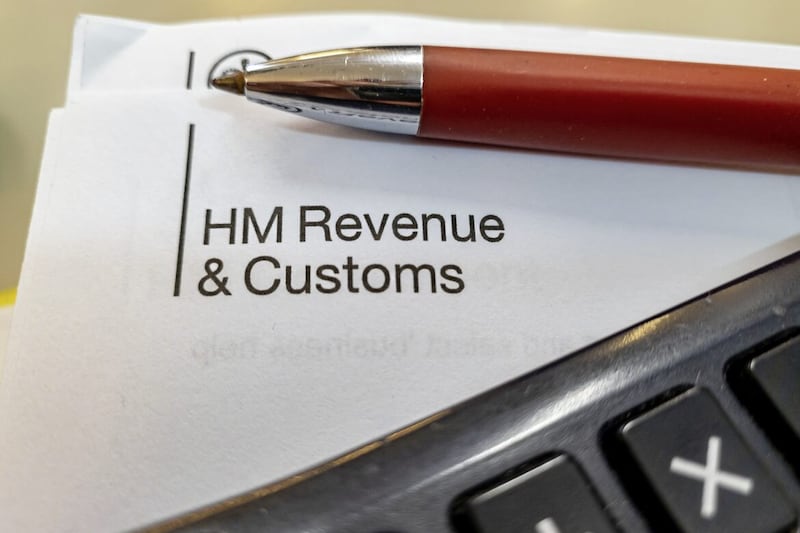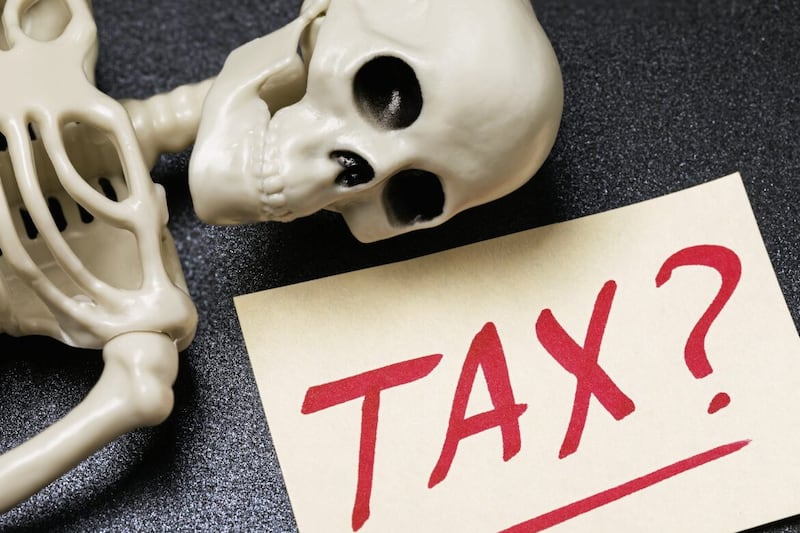QUESTION: I was not able to file my tax return before January 31 as I was in hospital. What are the implications and what should I do now?
ANSWER: You are not alone by missing the deadline and join 599,999 other taxpayers. You will be issued with an automatic initial penalty of £100, but after a three-month delay, the penalties really start to spiral.
HMRC are surprisingly lenient where there are extenuating circumstances where someone may be able to avoid a penalty by claiming a ‘reasonable excuse’ for filing their tax return late. These typically include life events such as serious illness or bereavement, and other causes beyond the taxpayer’s control.
To get your tax affairs in order, you need to file your tax return as quickly as possible, as penalties escalate the longer the delay.
It is important that, even if a reasonable excuse is established, the taxpayer files without unreasonable delay once the excuse has ceased. For example, when you recover from the illness that prevented you from filing your return on time in the first place, you must then file as soon as reasonably practicable. In all cases full details must be sent to HMRC and it may be that a combination of reasons, rather than a single reason, together may constitute a reasonable excuse.
HMRC provides a list of common examples of 'reasonable excuses' on their website such as:
• Your partner or another close relative died shortly before the tax return or payment deadline;
• You had an unexpected stay in hospital that prevented you from dealing with your tax affairs;
• You had a serious or life-threatening illness;
• Your computer or software failed just before or while you were preparing your online return;
• Service issues with HM Revenue and Customs (HMRC) online services;
• A fire, flood or theft prevented you from completing your tax return;
• Postal delays that you couldn’t have predicted.
HMRC have softened their approach for those with genuine excuses because they’re focusing on larger, deliberate tax evaders rather than ordinary people. This remains the case, but the excuse must be genuine and evidence may need to be presented.
Any tax liability for 2021/22 was due by January 31 2023. If it is not paid within 30 days of the deadline, late payment penalties will start to accrue. But provided you fill in the relevant section of your reasonable excuse claim, these could be covered also.
Interest is charged for the entire period the tax is outstanding, and this cannot be mitigated.
One benefit of late filing ironically is that you have the opportunity to get your 21/22 return as accurate as possible and to make sure that you have claimed all tax reliefs that you are entitled to. The first big relief all too often overlooked is higher rate tax relief on pension contributions.
When you make a pension contribution you pay 80 per cent of the contribution and HMRC give 20 per cent tax relief at source. However, if you are a higher rate (40 per cent) or additional rate (45 per cent) tax payer it is up to you to claim the extra relief via your tax return.
You should also make sure that you have claimed all available relief on investments such as EIS, SEIS and VCT that you may have made. All too often people make these investments say in April 2021 and forget to put the claim for relief on their return in January 2023 – almost two years later!
We are all human, people forget things.
You should focus your attentions on completing your tax return before the end of the February and paying and outstanding taxes owed for the 2021/22 year by this time.
:: Paddy Harty (p.harty@fpmaab.com) is tax partner at FPM Accountants Ltd (www.fpmaab.com). The advice in this column is specific to the facts surrounding the question posed. Neither the Irish News nor the contributors accept any liability for any direct or indirect loss arising from any reliance placed on replies.








